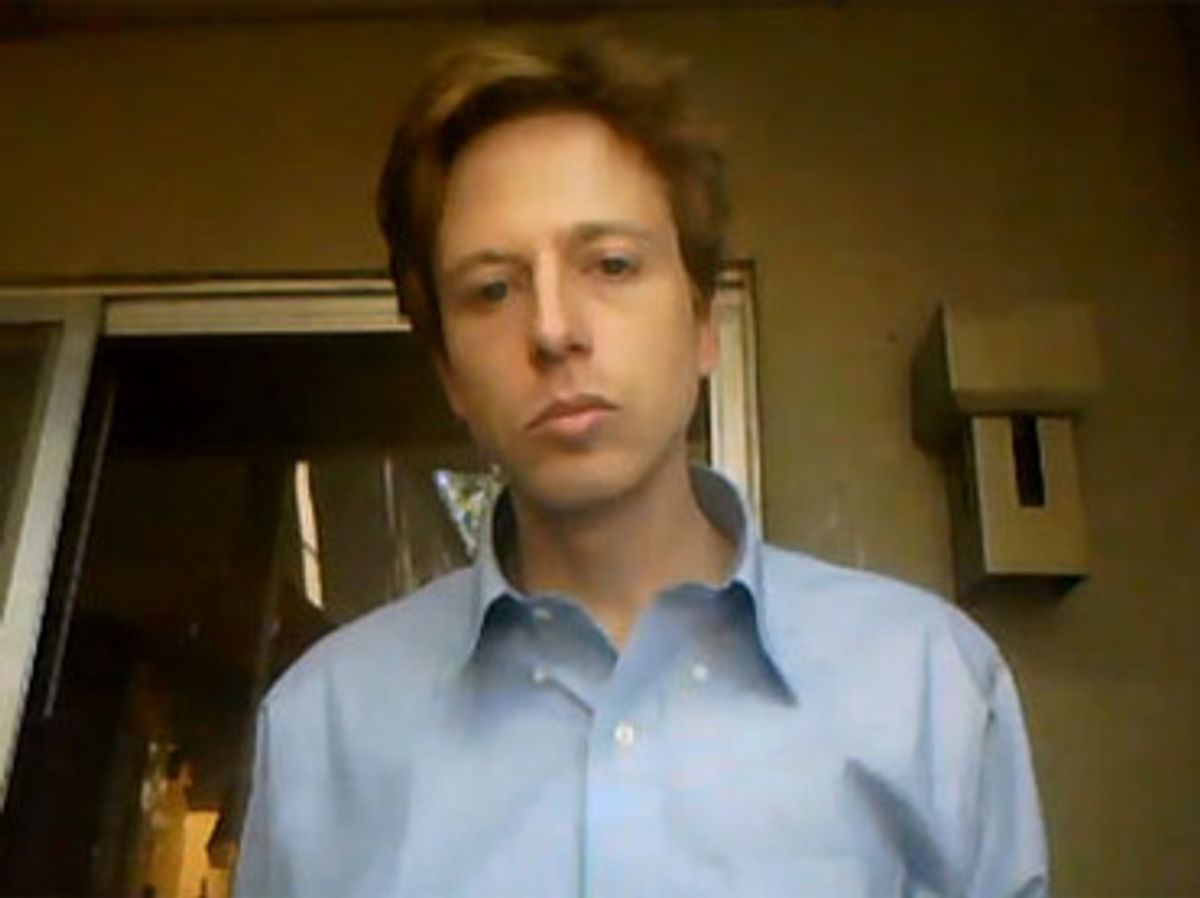Barrett Brown, the activist-journalist and former self-proclaimed Anonymous spokesperson, who faces over 100 years in prison, had been told by a Dallas judge that neither he nor his legal team can speak to the media.
The gag order, imposed at the request of the government prosecution, prevents Brown and his legal team making "any statement to members of any television, radio, newspaper, magazine, internet (including, but not limited to, bloggers), or other media organization about this case, other than matters of public interest."
The move -- both by the government in its request and the federal court in its granting -- is just the latest abrogation of First Amendment rights under this administration's regime of information control, which has seen the persecution of whistle-blowers, leakers and media.
The Guardian (for whom Brown continues to write from prison, on issues outside of his trial) reported:
Brown's lead defence attorney, Ahmed Ghappour, has countered in court filings, the most recent of which was lodged with the court Wednesday, that the government's request for a gag order is unfounded as it is based on false accusations and misrepresentations.
The lawyer says the gagging order is a breach of Brown's first amendment rights as an author who continues to write from his prison cell on issues unconnected to his own case for the Guardian and other media outlets.
Among the host of federal charges facing Brown, the most controversial sees him facing prison time for sharing a link online following the infamous LulzSec Statfor hack, which connected to documents including a list of email addresses and credit card numbers belonging to Stratfor subscribers. The Guardian cited Geoffrey King, Internet Advocacy Coordinator for the Committee to Protect Journalists, who noted that the Barrett Brown case "could criminalize the routine journalistic practice of linking to documents publicly available on the internet, which would seem to be protected by the first amendment to the US constitution under current doctrine."



Shares